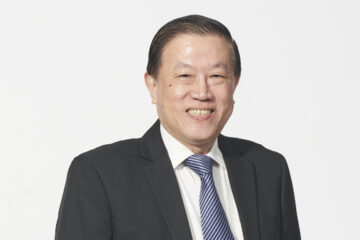
Fair Hiring Practices Makes Good Business Sense
Progressive and inclusive employment practices can help foster a conducive working environment and boost business performance.
It is a truism that progressive and inclusive employment practices help foster a conducive working environment and boost business performance.
Work in any context is invariably a collaboration between employers and employees, and between teams of employees. Hence, both employers and employees stand to benefit when they create positive workplace environments where diversity is celebrated, to foster smooth business operation and harness innovation and creativity.
Employers who embrace Singapore’s Fair Consideration Framework and the Tripartite Guidelines for Fair and Progressive Employment Practices, are committed to fair employment practices which encourages a conducive workplace environment that fosters positive workplace relations, fair hiring practices and opportunities for development.
Commitment to fair hiring principles
In a joint statement by 29 Trade Associations and Chambers (TACs) under the aegis of the Singapore Business Federation (SBF) issued on January 19, 2021, the TACs which represent business communities across different industry sectors encouraged their member companies to remain committed to recruiting candidates fairly based on merit and to developing their workforce.
Job applicants can thus apply for jobs in good faith and place their trust in the fact that the selection process will be fair and based on merit to find the best candidate to fill the vacancy with due consideration to the candidate’s values, character, competence, skills and potential contribution and without bias to race, gender, or age.
Benefits of a diverse talent pool
Businesses that put effort in ensuring that there is diversity within the global talent pool hired, will benefit from the richness of perspectives and experiences which contribute to a firm’s long-term success. Doing so will also help promote inclusive integration, equity, and capability development among employees.
In his opening remarks at the media conference to announce the joint statement, Mr Lim Ming Yan, chairman of SBF, noted that “this joint statement underlines the importance for businesses to embrace fair hiring and employment practices and provide sustainable pathways to building a strong workforce for successful business in Singapore”.
Mr Lim encouraged TACs to support these practices as “valued aggregators and multipliers in our business eco-system”.
Core advantages that lead to business growth
Fair employment practices help build a solid foundation for growth, development, and success. When businesses embrace and abide by the principles of fair and equitable hiring and gain a reputation for progressive and inclusive Human Resource practices, they enjoy several benefits including:
- gaining access to a wider, more diverse talent pool,
- increasing individual and team productivity and staff retention,
- motivating innovation and creativity through the symbiosis of the diverse talent pool in their employment, thus validating the principle that “the whole is greater than the sum of its individual parts”
- introducing new products and services earlier and faster than competitors, and
- tapping into new geographical markets through the networking knowledge of their employees.
Strategy and practical approaches in fair hiring
There are a multitude of effective approaches for businesses to ensure fair hiring at the workplace and to ensure that successful candidates are judged solely based on merits, qualifications, experience, and job aptitude. Here is a suggested checklist of the approaches:
a) Careful vetting of job vacancy advertisement copy and content to ensure the use of inclusive language describing the job scope and requirements.
b) Focusing on assessing relevant skills and competencies for the job – Strict implementation of an evaluation and interview process that focuses only on evaluating candidates’ work-relevant skills, academic and trade accreditations, the requisite number of years of experience and the potential contributions that the new hire could bring to the company.
c) Establishing a clear, non-discriminatory selection criterion – The setting up of a clearly-worded, unambiguous set of specific criteria for selection of candidates. Disregard age or gender in the evaluation and selection process, with the exception of certain niche jobs that require robust physical mobility or fitness, or those jobs that could only be performed by women.
d) Assembling diverse hiring panels to conduct interviews – The formation of independent hiring panels of qualified consultants and executives who are mentally aligned with the philosophy of fair hiring and are not beholden to senior staff in the company.
e) Standardising interview processes, practices, and questions – so that all applicants for consideration and selection enjoy the same selection criteria.
f) Having a fair background checking process – gives equal weightage to all candidates, with no consideration for age, gender, race, appearance, or previous employment history.

Upskill and lifelong learning of the workforce
Both the TACs and SBF believe strongly that all firms in Singapore should have in place plans and processes to support the training and development of employees to build a strong Singapore core. This strategic priority in the long run ensures that Singapore as a nation will always have a workforce that is as productive and knowledgeable as those in advanced industrial countries.
It is vital that Singapore stays open to the world and has access to the global pool of talent to attract overseas investments and complement the skills and capabilities of our local workforce. To upskill the local workforce and ensure sustainable development, businesses can plan for and facilitate the transfer of niche technical knowledge or business-critical skills to local employees to ensure business continuity.
At the same time, employees must also play a proactive role in volunteering for and being receptive to training, self-development courses and job-enrichment roles (including accepting challenging postings abroad). The personal benefits of working overseas are manifold including expanding an individual’s horizon and cultural knowledge, deepening empathy towards fellow global citizens in a shared humanity, and creating awareness of one’s social responsibility not just for Singapore but for the world we live in.
Call to action to all businesses
A campaign has been launched to encourage more businesses to adopt fair hiring and employment philosophy, principles, practices, and perspectives as outlined above. The TAC Alliance welcomes more businesses to embrace fair hiring to bring about the betterment of the business eco-system and strengthen Singapore’s reputation as a vibrant economic hub.

















